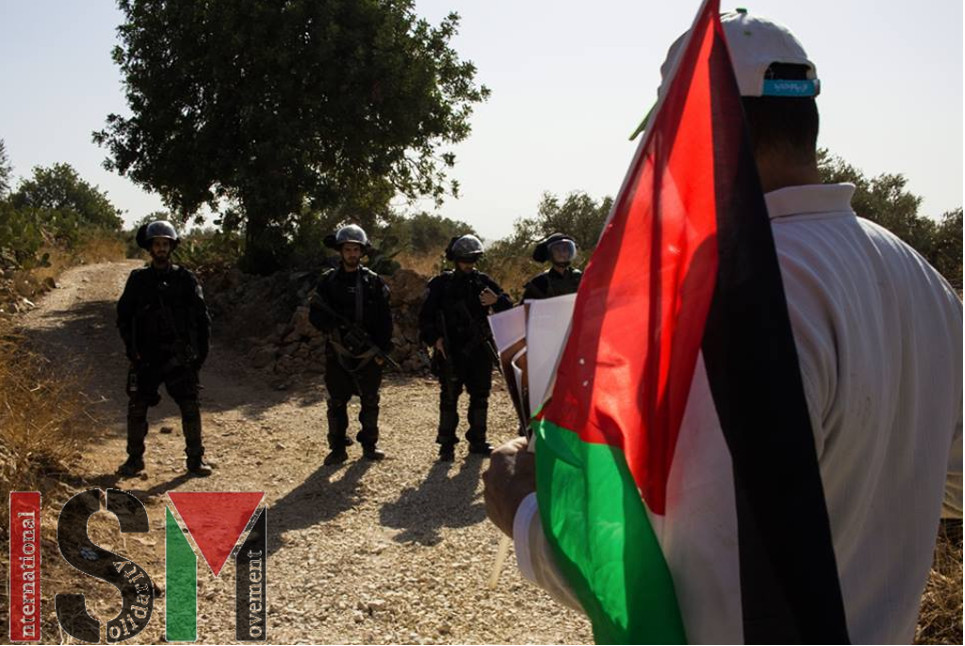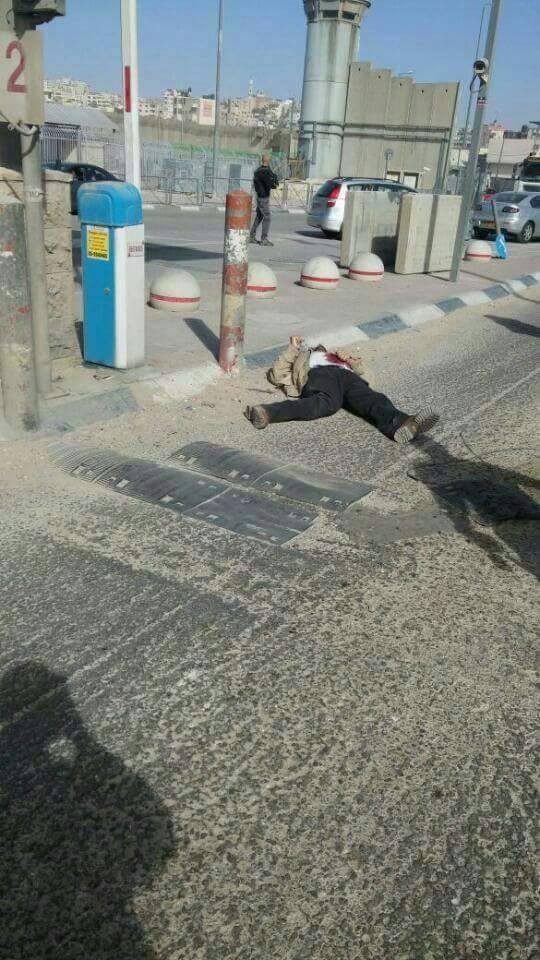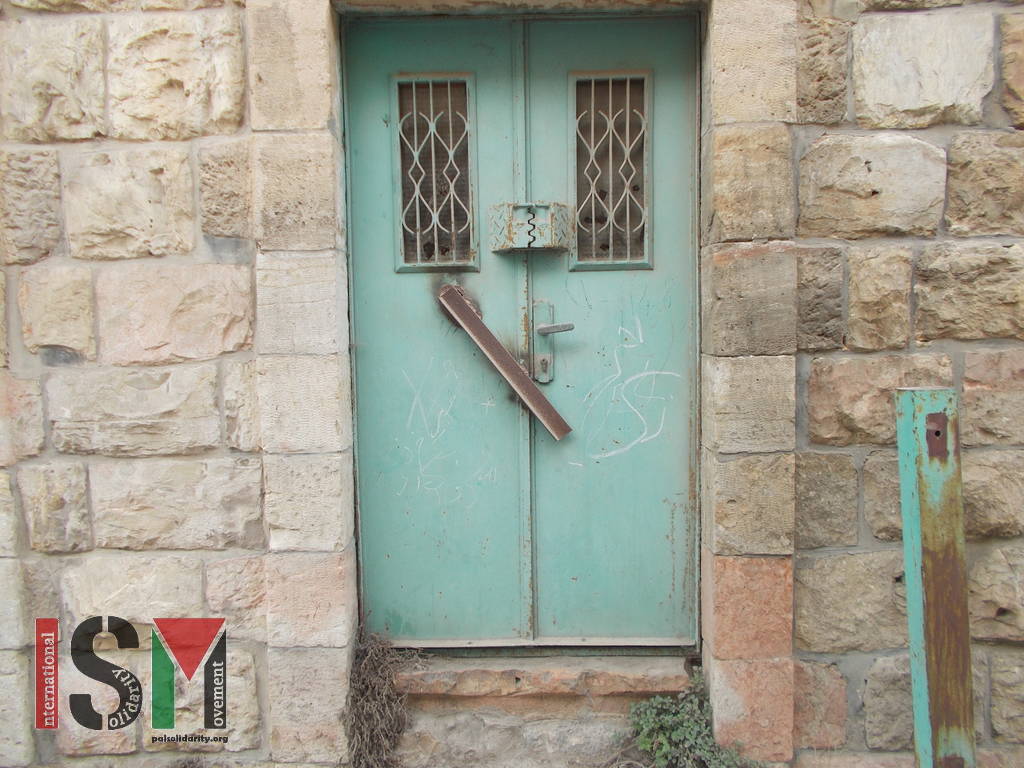Category: Features
-
Israeli forces cause fires at Ni’lin weekly protest
25th November 2016 | International Solidarity Movement, Huwarra team | Ni’lin, occupied Palestine The non-violent demonstrations against the illegal occupation of Palestine and the Apartheid Wall in in the West Bank village of Ni’lin have been going on weekly since 2008, as an attempt to get back the land and the fields, that was stolen…
-
Israeli forces shoot and kill Palestinian man at Qalandiya checkpoint
24th November 2016 | International Solidarity Movement, al-Khalil team | Ramallah, occupied Palestine It has been confirmed that Jihad Mohammad Khalil, 48, was shot and killed by Israeli soldiers at Qalandia checkpoint early Tuesday morning, 22nd November. Khalil is from Beit Wazan village, west of Nablus in the northern part of the West Bank. He…
-
Photo-Story: Mini walking tour of occupied Hebron
24th November 2016 | International Solidarity Movement, al-Khalil team | Hebron, occupied Palestine After our afternoon school run today, two of us took a walk around a small part of Al Khalil. The photos are sort of a mini-walking tour of some of the stolen Palestinian land, streets, homes and shops, roadblocks and checkpoints. Note…



